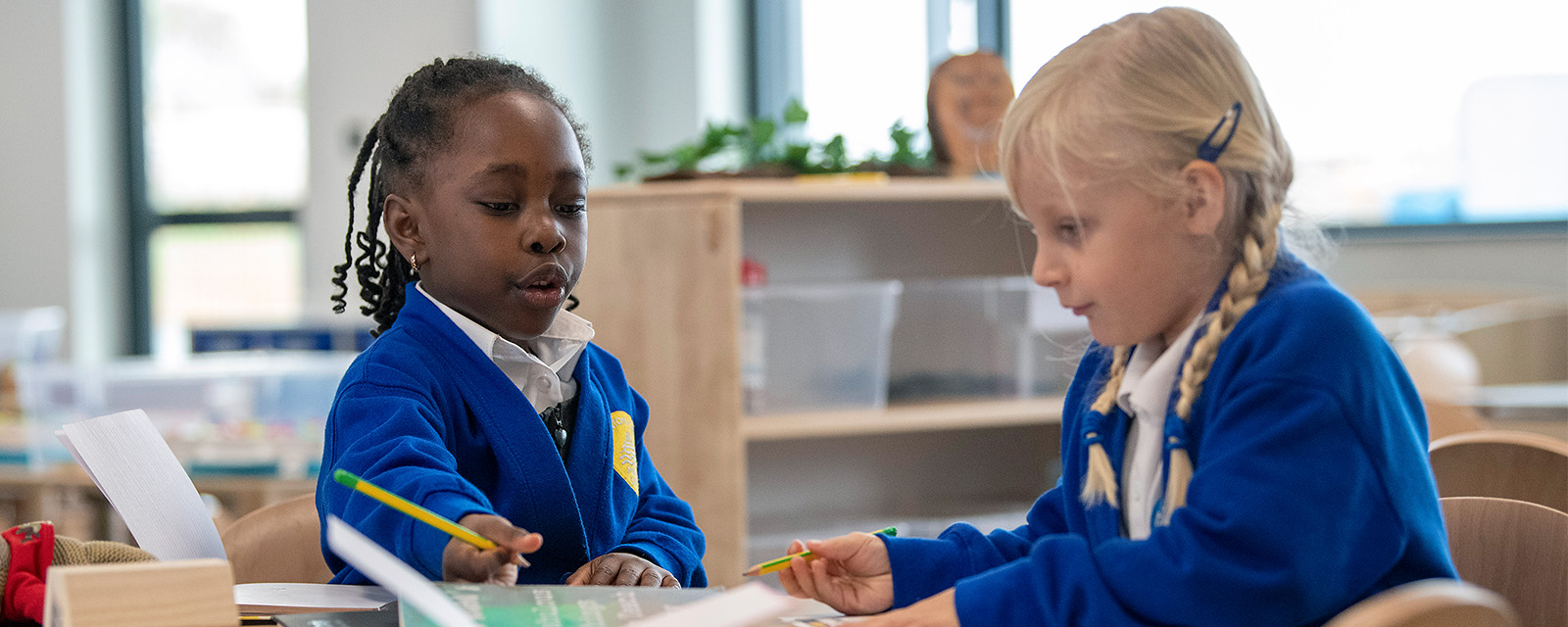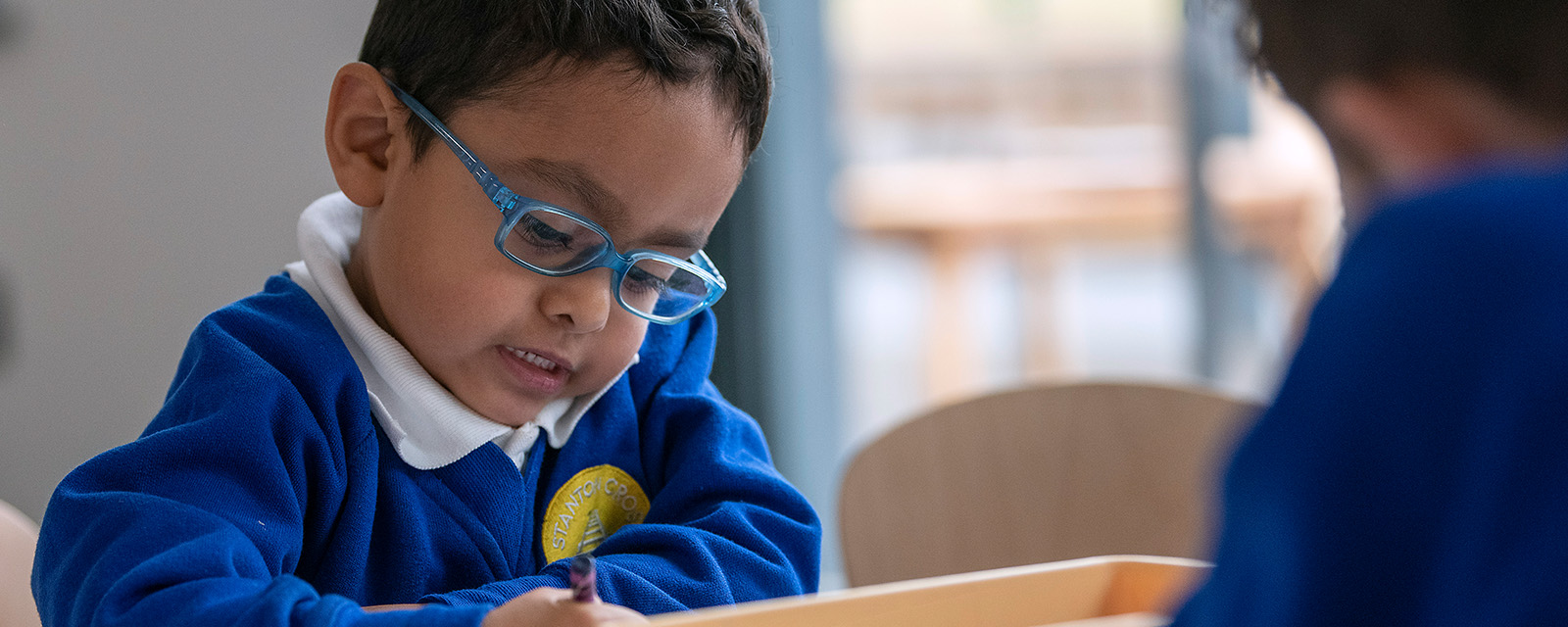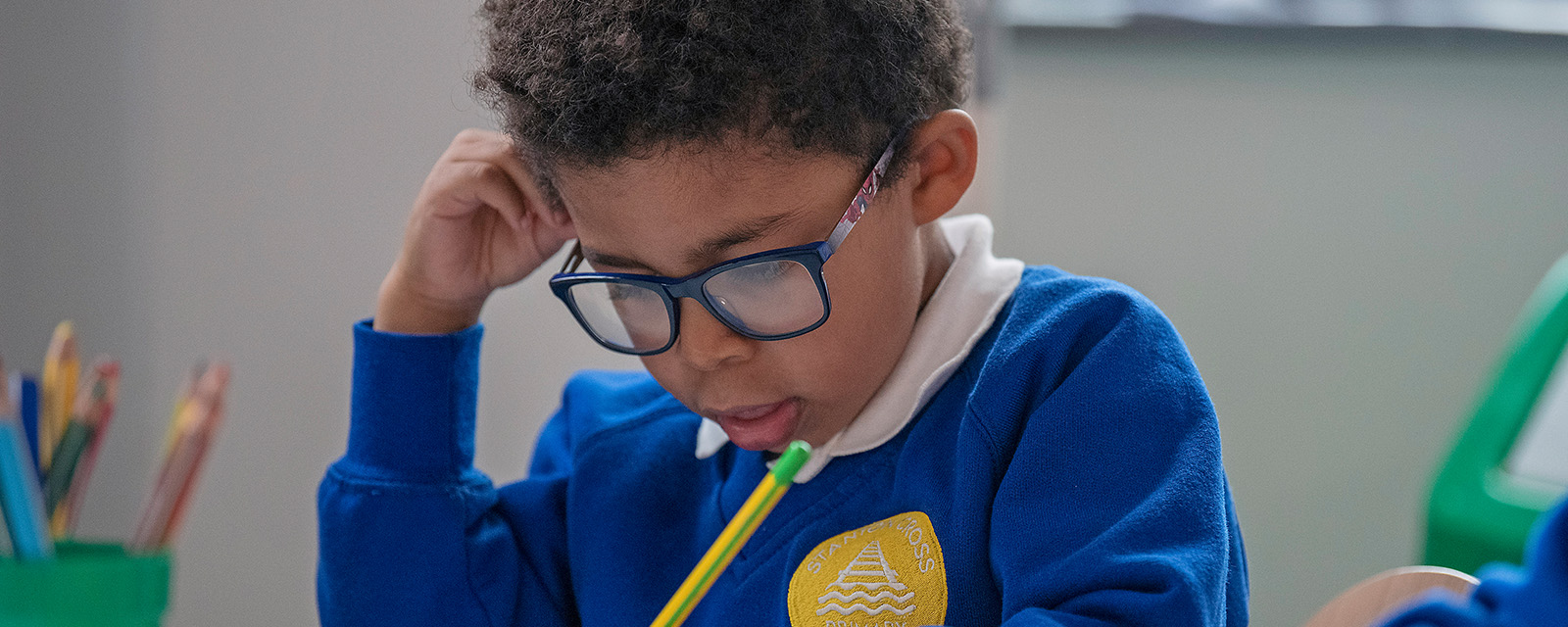At Stanton Cross Primary School we aim to equip each child with the social and emotional skills needed to deal confidently and calmly with the trials and tribulations of life. Our Seuss Room is a short-term enhanced provision that supports 4-8 children by removing barriers to learning and offers an alternative environment to the main classroom. Some of our children access Seuss full time, while others are part time for specific activities/times during the day.
Activities are planned and prepared in response to the children’s needs. We provide learning experiences at a child’s developmental stage, with a focus on play, emotional literacy and social skills. The timetable includes all core and foundation subjects with additional activities such as bucket time, sensory circuits and dough disco.
As the children learn academically and socially, they develop confidence, become responsive to others, learn self-respect and take pride in achieving.
Who is Seuss Room for?
Children whose social, emotional, behavioural and formal learning needs are not being met in their main class.
The Inclusion Lead works with Seuss staff and class teachers to carry out assessments.
Any of these might indicate a child who would benefit from the Seuss Room:
- A child who is withdrawn and difficult to engage.
- An academic child who may not be emotionally secure.
- A child whose sense of wellbeing is poor and self-esteem is very low.
- A child who struggles to interact socially with adults and peers.
- A child who seeks attention constantly but is never satisfied.
- A child who hasn’t developed basic skills needed to function productively in their class- immature, poor concentration, poor organisational skills and communication skills
The 6 principles underpinning Seuss Room:
- Children's learning is understood developmentally (this includes maths and English/ phonics).
- The classroom offers a safe base (the day is clearly structured and adults are reliable, firm and consistent).
- The importance of nurture for the development of wellbeing.
- Language is a vital means of communication.
- All behaviour is communication (Assessment for All is used to assess any child not meeting ARE at Key Stage 1. This helps us to track patterns in behaviour and better understand what a child is communicating).
- The importance of transition in children's lives (Seuss staff work alongside class teachers and parents during a child’s time in our enhanced provision).



